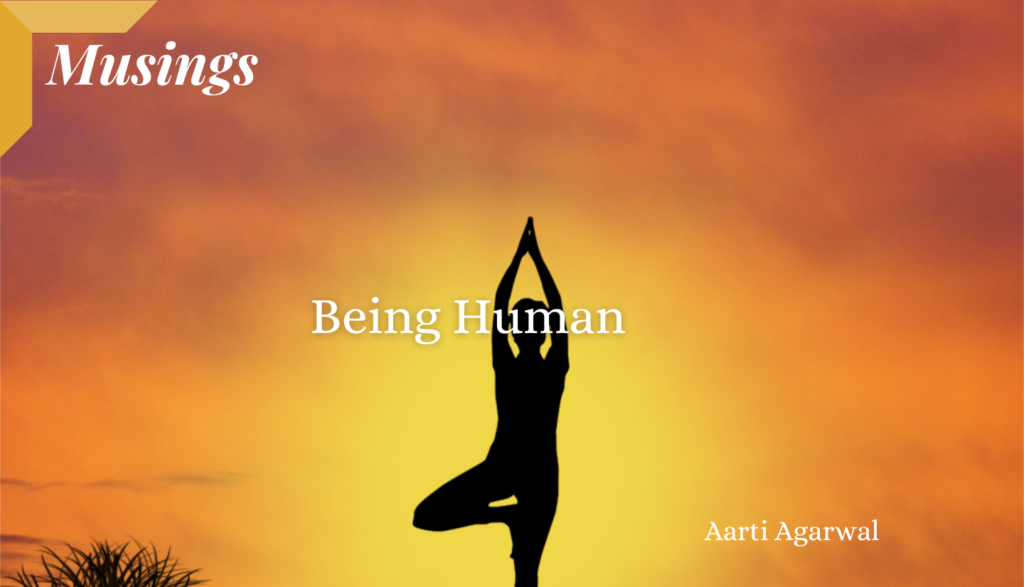
Ajahn Brahm, the British-American Buddhist monk has said, “It is very rare to find a human being today. They are always going somewhere, hardly ever being here. That is why I call them human goings.“
In this one power-packed line, Brahm says it all. Pause to observe your thoughts at this very moment. Are your thoughts focused on your device as you read or have they galloped elsewhere?
When air fills a balloon, it takes the balloon’s form; when it is filled in the tyre of your vehicle, it assumes its form; and when released in open, it expands to fill the vast expanse we call space. Similar is the case with our mind, it assumes the shape of our thoughts and wanders with them. How do we then rein our galloping minds? The answer is simple- through meditation.
Contrary to common belief, meditation doesn’t necessarily encompass chanting mantras or confining your thoughts to a point. Neither does meditation mean getting lost in divinity. Sage Patanjali, the father of Yoga defines meditation as “Tatra pratyaikatanata dhyanam,”
An unbroken flow of consciousness directed towards the object is Dhyana (meditation).
That object could be anything- an idol or a picture, a sound, an imagery or even an experience. The keyword is consciousness. If you are playing with a child and the whole of you including your thoughts is completely conscious of the moment, you are meditating. You then do not have to take out time separately from your schedule to meditate. It is difficult to believe that meditation is as simple as mindfulness. Just by being aware of the moment, accepting it as it is, without wishing for any amendments, you can bring about a remarkable change in your experience of life.
Among the umpteen blessings of meditation, the biggest one we hear is that it gives us the power to rewrite our destiny. A little pondering over the science of meditation will give us reasons for it. Our unconscious thoughts assume the form of our thoughts- good, bad or ugly. Until we tame our unconscious thoughts, these thoughts can direct our lives, without our knowledge, on a trip that is not even meant for us. On the contrary, meditation helps us to explore the sanctuary of calmness within us. And for a quiet, focused mind, the sky’s the limit.
We talk and act to combat pollution in air, water and soil. Astonishingly however, we never speak about the pollution in our minds. Thoughts, both good and bad, pollute the mind. A polluted mind suffers from anger, anxiety, depression, insecurity and fear. So do we then have to eliminate our thoughts to nurture a healthy mind? Absolutely not! We just have to be careful enough not to let our minds take the form of our thoughts and that can be achieved by practicing mindfulness.
It will take time to tame our vagabond minds to experience being human. The good news is that every resource we need, to experience the calm in ourselves, is within us- wisdom, patience and perseverance. We just need to make use of them. Today, let’s use these resources to combat our mind pollution, so that we become ‘human beings’, and not ‘human goings’.
Aarti Agarwal

0 Comments